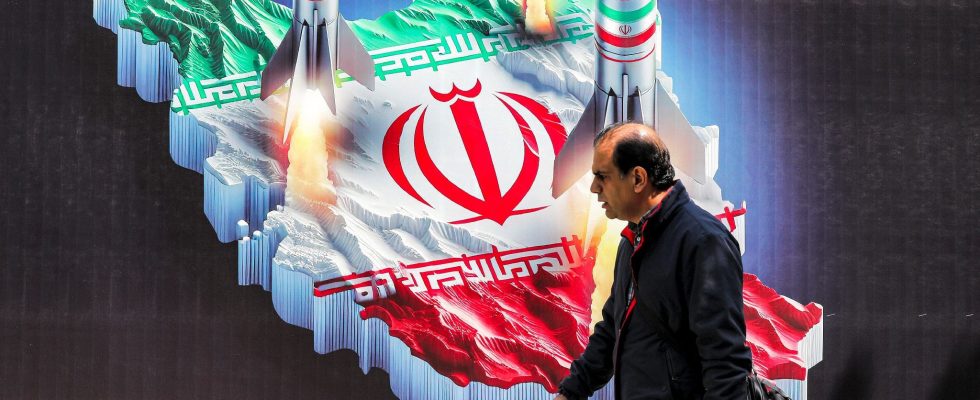On the night of April 13 to April 14, more than 300 Iranian drones and missiles flew more than 1,000 kilometers in an attempt to reach Israel. While it has been calling for the destruction of the country since 1979, for the first time the Islamic Republic of Iran has carried out a large-scale open attack, bringing the entire region to the edge of the “precipice” according to Secretary Antonio Guterres. general of the UN.
A bold move which ultimately proved to be a failure for the mullahs’ regime, both militarily and politically. In fact, 99% of these fatal shots were intercepted. The Iron Dome air defense system demonstrated Israeli efficiency and technological advances. On the political level, the Jewish state was able to count on Western support to intercept the devices. The American ally, increasingly critical of the military intervention carried out in Gaza, reiterated its “unwavering” commitment to “the security of Israel”. Statements which will soon result in new sanctions against the Islamic Republic.
But beyond the Western reaction, it is more that of regional actors which represents a major turning point. After six months of total isolation and extreme diplomatic tensions, Israel has just benefited from unexpected regional support in such a context! In fact, the Jordanian air force is said to have destroyed up to 20% of Iranian machines. If officially Jordan defended its airspace, it de facto protected the security of its neighbor. Similarly, American sources indicate that Saudi Arabia and the United Arab Emirates provided intelligence and therefore also participated in the defense of Israel.
“The complicated Orient”
Interventions which remind us of a major fact: the most important subject for understanding the “complicated Orient” is the centuries-old hatred which pits the ultramajority Sunnis against the Shiites within the Muslim world, of which the Iranian ayatollahs are the first defenders. in the world. The historic normalization of relations between the Sunni monarchies and Tel Aviv, which began in September 2020 with the signing of the Abraham Accords, was changing the situation. After Egypt in 1979, the United Arab Emirates, Bahrain, but also Sudan, Morocco and, within a few weeks, Saudi Arabia had reestablished a remarkable diplomatic and economic dialogue with Israel. Strategic rapprochements based on economic interests but also on a common threat: Shiite Iran, which is continuing its nuclear and ballistic programs and has gradually structured the emergence of a “Shiite crescent” bringing together Iran, Syria, Iraq and Lebanon. An arc to which we should add Iranian “proxies” such as Hamas, Hezbollah and the Houthis of Yemen.
The tragedy of October 7 perpetrated by Hamas, financed and armed by Iran, put an end to this. We do not say it enough: the first beneficiary of these atrocities is Shiite Iran. “We support this proud Al-Aqsa flood operation,” the Revolutionary Guards general declared the same day. By presenting itself as both the enemy of Israel and the defender of Palestine, Tehran is using the Palestinian question (even though it is Sunni) to its advantage. Putting an end – at least temporarily – to the Abraham process while displaying his visceral hatred for Israel in order to conceal that his real fight is against the Sunnis, that is a game of chess promptly led by the mullahs.
Except that by displaying great firmness towards Iran, the Gulf countries have clearly set the red line. Iran quickly understood the message and lowered its flag, while Israel’s presumed, skillfully measured response finished the job. Iran, by intervening directly, went the extra mile and offered Abraham’s actors a great opportunity to renew the beginnings of dialogue. The Orient remains complicated but, on this subject at least, there will have been a tiny corner of sunshine for the supporters of a new balance between the three great forces in the region.
Jean-François Copé, former minister, mayor (LR) of Meaux
.
